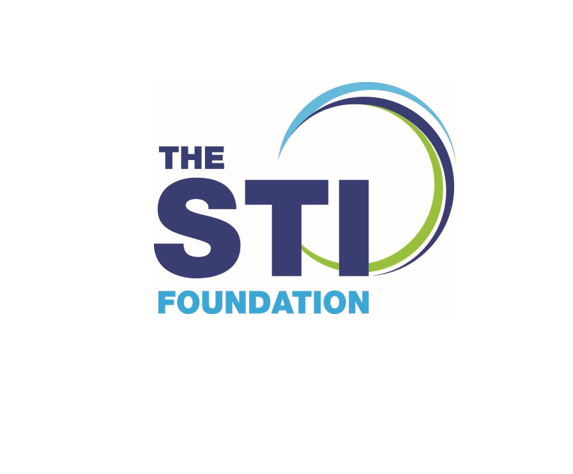The STI Foundation Competency assessments on the e-portfolio are designed as far as possible to reflect the natural flow of a consultation, tailored to a patient attending a clinic rather than as a check list of what a clinician should know.
The majority of assessments are undertaken using direct observation of clinical practice. Some assessments consist of observed practice as well as discussion with the trainee. Some are assessed by discussion only and some may be assessed by ‘Indirectly Observed Consultation*’ (this is marked clearly on the e-portfolio)
For each task the Registered Clinical Trainer (or a designated colleague) needs to complete one competent assessment on the e-portfolio with the trainee. You may complete more than one assessment if the earlier one(s) are assessed ‘needs improvement’. Most of the assessments are based on direct observation of your trainee’s clinical practice followed by discussion. A small number of assessments may be better suited to case-scenario discussions, mainly to cover those areas which are knowledge-based and / or when a suitable patient is not available.
For each element of assessment, the trainer is expected to mark ‘requires improvement’ or ‘competent’ and at the end of the assessment, the trainer rates the trainee overall by marking either ‘REQUIRES IMPROVEMENT’ ‘COMPETENT’ or ‘ABOVE EXPECTED’ which you will find towards the end.
Recording the clinical consultation and assessment on the e-portfolio must take place during the consultation or as soon as possible after, certainly within 48 hours. Batch completion at a much later date is not acceptable and assessments will be rejected and reassessment required in such circumstances.
* Indirectly Observed Consultation can be used in a few of the assessments in recognition of some topics being either relatively uncommon or too sensitive to interrupt a consultation to bring in an observer/assessor. The case and the consultation should be discussed with trainer within 48 hours (2 working days) of the consultation.
Every element of each assessment must be assessed as ‘competent’ for the trainee to pass. The trainer should also give feedback to the trainee. This should be used to identify particular strengths, suggestions for improvement and any agreed action for the trainee, particularly where there are any concerns about the trainee. A task is only completed when the trainer has signed-off the trainee overall as ‘COMPETENT’ or ‘ABOVE EXPECTED’ for that task; the trainer should be happy that the trainee is competent to do this task at the appropriate level and the trainee should feel confident that this is the case too. Where the trainee is judged to be ‘ABOVE EXPECTED’ we would expect this to be reflected in the comments.
Assessments relating to Safeguarding are included in most curricula but if you have evidence of safeguarding training done with your employer within the past 12 months this can be uploaded to your personal library instead.
Other staff involved in training
Other members of the multidisciplinary team, such as senior nurses, health advisors, SASG doctors and Specialty Trainees depending on their experience, may be involved in much of the day-to-day clinical training and assessment of the trainees undertaking STIF Gateway, STIF Intermediate, STIF-NHIVNA Intermediate and STIF Integrated, and can contribute to STIF Advanced and STIF-NHIVNA Advanced Competency training. We encourage any staff who are likely to be involved in the training and assessment to attend the ‘Train the Trainer’ event, even if they are not planning to register as principal/registered trainers.
The assessment process
For each task the trainee should complete the assessment on the e-portfolio with the Registered Competency Trainer or a designated assessor. Assessments can be both formative and summative and more than one assessment can be completed and recorded in the e-portfolio. More than one assessment can be made on a single patient/consultation where appropriate.
The majority of the assessments will be observed clinical practice with supplementary discussion with the trainer. For the more advanced pathways, discussion with trainer (including case-based discussion) is used, mainly to cover the areas which are predominantly knowledge-based and/or where a suitable patient is unlikely to be available (less common presentations for example).
The trainer must ensure that the patient knows that the trainee is being assessed. The trainer will then observe the trainee carrying out the task in question and may also explore the trainee’s knowledge by further questioning where appropriate.
Recording the clinical consultation and assessment on the e-portfolio must take place during the consultation or as soon as possible after, certainly within 48 hours. Batch completion at a much later date is not acceptable and assessments will be rejected and reassessment required in such circumstances.
